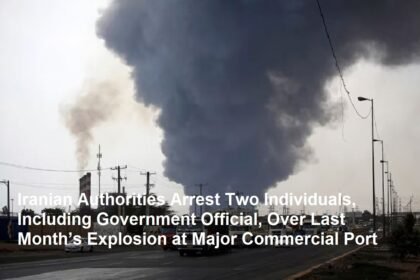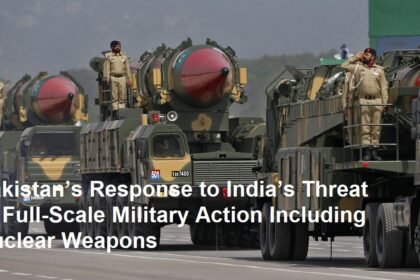The digital age has blurred the lines between private expression and official statement. This is particularly evident in the realm of diplomacy, where every post, tweet, and utterance is scrutinized for its potential impact on international relations. Recently, an incident involving the Israeli government and the purported death of Pope Francis highlighted the potential for miscommunication and the speed with which even a fleeting error can ignite controversy. The rapid deletion of a condolence message, prematurely issued on social media platform X, regarding the assumed passing of the Pontiff reveals the precarious nature of digital diplomacy and the need for stringent verification processes.
The now-vanished post, expressing the Israeli government’s sorrow at the supposed loss of Pope Francis, underscores the criticality of accurate information dissemination in the digital landscape. Before the advent of social media, official condolences were typically relayed through established diplomatic channels, allowing for multiple layers of verification and preventing premature or inaccurate pronouncements. The instantaneous nature of platforms like X, however, encourages rapid response, often at the expense of careful fact-checking. This incident serves as a cautionary tale, reminding governments of the inherent risks of prioritizing speed over accuracy, especially when dealing with sensitive matters such as the death of a major religious figure.
The subsequent deletion of the post, while undoubtedly intended to mitigate the damage caused by the error, raises further questions. How did such a significant error originate? Was it a result of misinformation circulating online, a misinterpretation of existing reports, or a simple clerical mistake? Regardless of the source, the incident reveals potential vulnerabilities within the Israeli government’s communication protocols. A thorough investigation is warranted to identify the weaknesses that allowed this error to occur and to implement safeguards to prevent future instances of premature or inaccurate information being disseminated through official channels.
Furthermore, the incident allows for reflection on the broader implications for international relations. The Vatican, a significant actor on the world stage, holds considerable moral and political sway. A premature announcement of the Pope’s death, even if quickly retracted, could be perceived as disrespectful or indicative of a lack of due diligence on the part of the Israeli government. While the subsequent retraction and likely explanation of the error will undoubtedly temper any potential diplomatic fallout, the incident serves as a potent reminder of the need for sensitivity and accuracy in communicating with and about global leaders.
In conclusion, the swift deletion of the erroneous condolence message for Pope Francis highlights the challenges of navigating the digital age in the realm of diplomacy. The incident underscores the crucial need for rigorous verification processes, the importance of prioritizing accuracy over speed, and the potential for even minor missteps to have significant repercussions on international relations. Moving forward, governments must prioritize the development of robust communication protocols that safeguard against the dissemination of misinformation and ensure that official statements, particularly those concerning sensitive matters, are grounded in verifiable fact. Only then can they mitigate the risks inherent in the digital age and maintain the integrity of their diplomatic communications.









